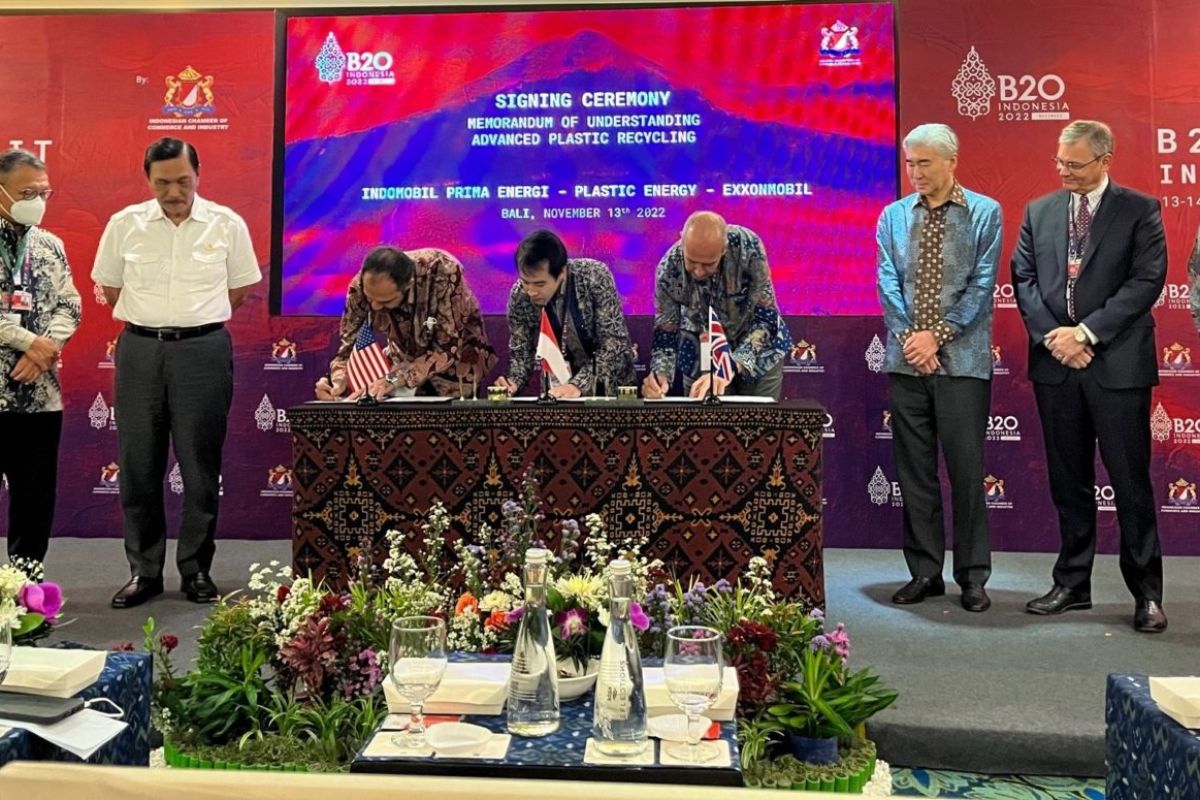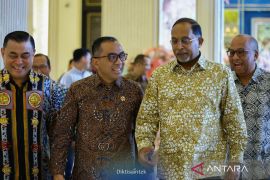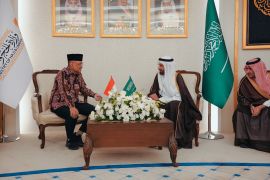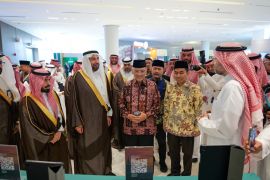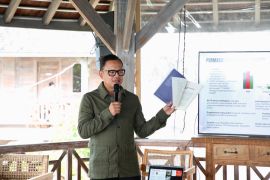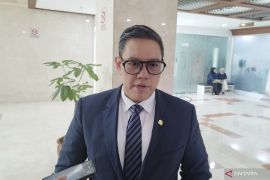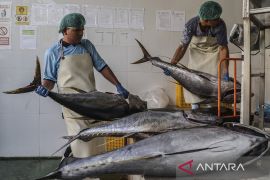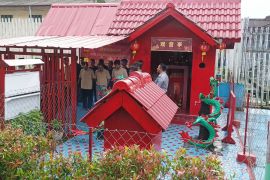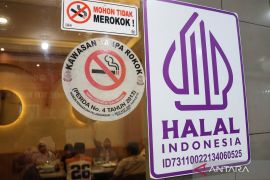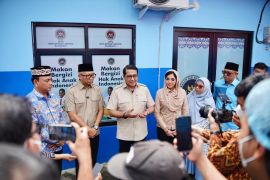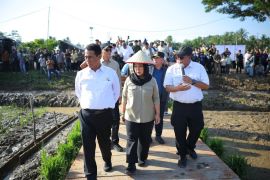Represented at the signing, held on the sidelines of the G20 Bali Summit, Sunday, were Irtiza Sayyed, the president of ExxonMobil Indonesia and president of Low Carbon Solutions for ExxonMobil Asia Pacific Pte Ltd; Gerry Kertowidjojo, president director of IPE; and Carlos Monreal, founder and CEO of Plastic Energy.
The signing was witnessed by US Ambassador for the Republic of Indonesia, Sung Y. Kim; Indonesia’s Coordinating Minister for Maritime and Investment Affairs Luhut B. Pandjaitan; and Jack Williams, senior vice president, Exxon Mobil Corporation; and Dave Andrew, vice president of new market development at ExxonMobil.
“Plastics help to raise living standards around the world, including in Indonesia, given their critical use in agriculture, food packaging, medical equipment, and more,” Andrew noted in a statement received here, Thursday.
He expressed belief that by leveraging new technologies and the expertise of their combined organizations, they can accelerate a circular economy for plastics in the region, so that more plastics can be turned into new products rather than ending up in the environment.
According to Kertowidjojo, IPE remains committed to realizing a circular economy to create a better sustainable future. “This initiative is a collective notion that calls for action and synergy from all stakeholders to play a role as part of a responsible society,” Kertowidjojo noted.
Meanwhile, Monreal stated that Indonesia and the Asia-Pacific region were majorly impacted by plastic waste.
“With this MoU with ExxonMobil and Indomobil Prima Energi, we aim to utilize our unique and patented advanced recycling technology to provide a solution for recycling plastic waste in Indonesia, helping to curb plastic waste and promote a more circular economy for plastics,” he affirmed.
The advanced recycling capacity, being assessed as a part of the collaboration, is expected to be 100 thousand metric tons per year, with the first phase starting up in 2025.
The companies will also evaluate opportunities to support improvements to plastic waste collection and sorting in the country.
Reporter: Asri Mayang Sari
Editor: Yuni Arisandy Sinaga
Copyright © ANTARA 2022
